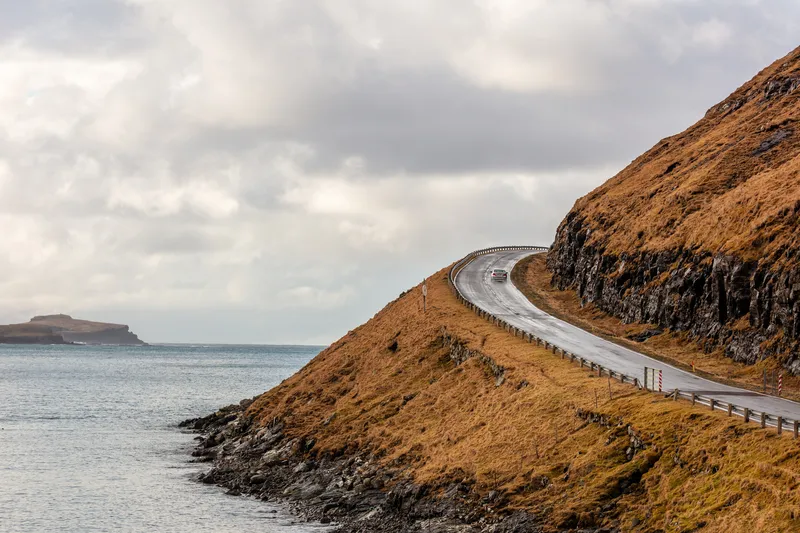
Work continues by the Czech construction firm Metrostav on a 1.2km tunnel in the Danish Faroe Islands.
The Metrostav Group, through its subsidiary Metrostav Norge, won the contract to connect the villages of Fámjin and Ørðavík in the autumn of 2022. Less than 90 people live in the area which is on Suðuroy Island, one of in the Faroes island group.
The tunnel is being built using the Norwegian drill-and-blast tunnelling method. Around 220 of the company's employees are on site. According to the company, the deal is worth around €8.8 million. The tunnel is being excavated from a portal located above the village of Ørðavík. Included in the work of Metrostav Norge is grouting and the installation of around 9,000m² water and frost insulation. Around 4,275m³ of shotcrete will have been used upon completion.
The main client is Landsverk, the Faroes highways agency responsible for building, operating and maintain the country’s highway infrastructure.
The Faroe island group in the North Sea is around 320km north of the UK and about halfway between Norway and Iceland. The country is an autonomous self-governing region of Denmark and legislates and governs independently in a wide range of areas. The country is rugged and has a subpolar oceanic climate - windy, wet, cloudy and cool. Temperatures are moderated by the Gulf Stream, averaging above freezing throughout the year.
Road tunnels – there are no rail services in the island group – are an important part of the transport infrastructure. Around 80% of the population is connected by tunnels through the mountains and between the islands, bridges and causeways that link together the three largest islands and three other islands to the northeast. While the other two large islands to the south, Sandoy and Suðuroy, are connected to the main area with ferries, the small islands Koltur and Stóra Dímun have no ferry connection, only a helicopter service







